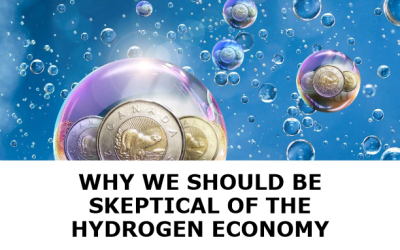Executive Summary
- There is a profound economic imbalance between the UK regions, with wealth creation, enterprise and growth concentrated in London and the South East of England and high welfare dependency and large public sectors in the North-East, Wales and Northern Ireland in particular.

- The trends in economic performance are worrying for both South and North. The North faces further out-migration of young people and even slower business formation while the South faces greater congestion and rising living costs.
- The tax and spending imbalance – with London, the South East and the East paying half of personal income tax but receiving only a third of public spending – may create increasing political tensions.
- The South East increased its Gross Value Added (GVA) by 80 per cent between 1994 and 2004, while the North East has grown by just over a half in the same period.
- If all regions had grown at the same rate as the South East since 1994, UK output would be over £61 billion higher in 2004 (an increase of 6 per cent).
- Between 1991 and 2004, London’s population grew by 8.8 per cent, more than twice the rate for the UK as a whole. Scotland, the North East and the North West actually shrank.
- London has a much higher percentage of young people (20-44 year-olds) than any other region. London also has three times the number of VAT registrations per head of population as the North East.
- The danger is that a vicious circle of economic activity will be created. As more and more people become dependent government for their jobs and incomes, there would be fewer opportunities for small businesses to start up and employ workers.
- Talented young people and modern industries – which are the lifeblood of future economic progress – would move from outlying regions into London and the South East.
- Further government resources would be redistributed into the outlying regions, continuing the cycle.


